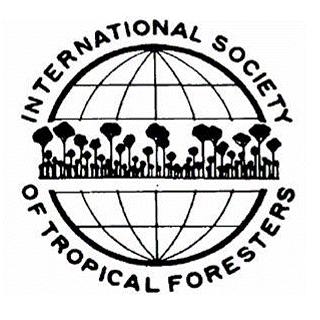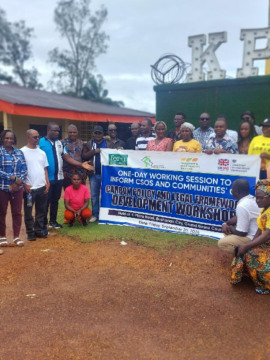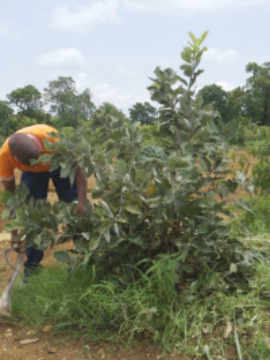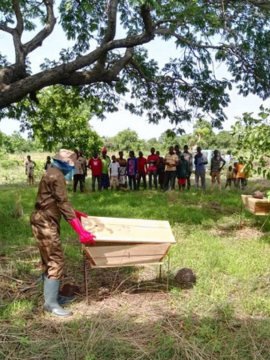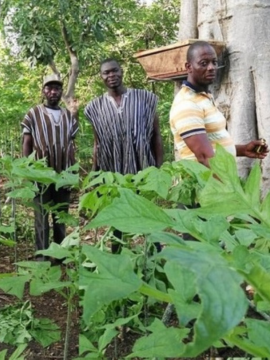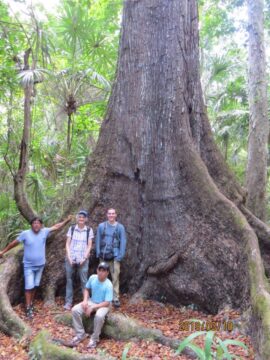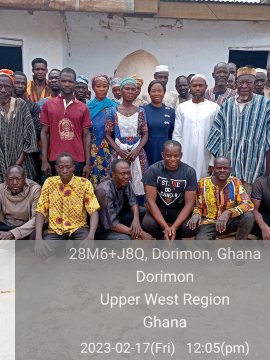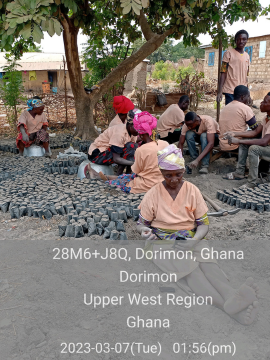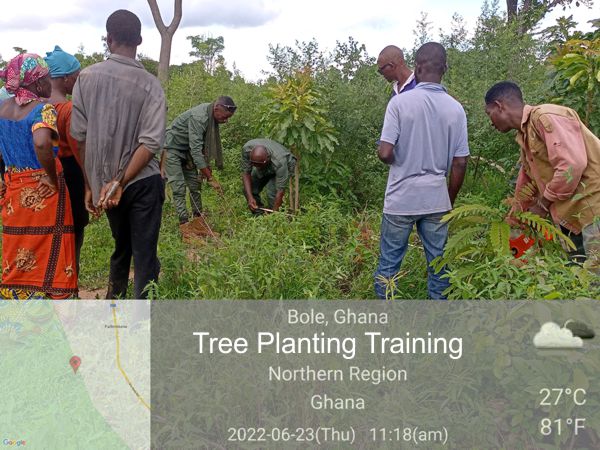Welcome
ISTF’s mission is to facilitate and promote sharing of best practices for the effective management, protection, and equitable and ecologically sustainable use of tropical forests and natural resources in the tropical and subtropical regions across the globe.
Photos from ISTF Members
ISTF Blog- Featured Stories – Archive
Invitations to ISTF Virtual Regional Meetings
Invitations to ISTF Virtual Regional Meetings | Invitaciónes a los Reuniones Regionales Virtuales de la ISTF | Invitations aux réunions régionales virtuelles de l’ISTF. There will be 5 regional meetings: 20 Nov Asia-Pacific, 21 Nov Africa-Europe in English and Americas in English, 24 Nov Africa-Europe in French and Americas in Spanish. Please see below for […]
Webinar sobre el tráfico ilegal transfronterizo 3 de junio de 2025
WEBINAR: Ud. está invitado al webinar “Tipificando las infracciones medioambientales en el tráfico transfronterizo de especies de flora y fauna amenazadas“, presentado por la Dra. Bertha García Cienfuegos, Universidad Nacional de Tumbes, Perú. Será el primer seminario en la Serie “Ilegalidad en las selvas tropicales de Latinoamérica” y está auspiciado por la Sociedad Internacional de […]
Connecting Forestry and Agriculture: Establishing a Forest Landowners Association in Puerto Rico
The Centro para la Conservación del Paisaje (CCP), a collaborator NGO of the Puerto Rico ISTF chapter is working on a linking strategy between the Puerto Rico Farm Bureau (Bureau) and the forestry sector. The objective is to integrate private forest landowners under the organized Bureau that has been working in Puerto Rico since 1924 […]
Paradigm Change in Forest Management Governance in Nepal
The development of forest governance in Nepal has been a complex journey shaped by various socio-political transitions, environmental challenges, and evolving policy frameworks. Historically, Nepal’s forests have been central to its socio-economic fabric, providing livelihoods to communities, supporting biodiversity, and regulating ecosystems. Over the years, forest management in Nepal has undergone a considerable shift from […]
The International Society of Tropical Foresters acknowledges the HPCf of the University of Puerto Rico for hosting this website, with support from the Institutional Development Award (IDeA) INBRE grant P20 GM103475 from the National Institute for General Medical Sciences (NIGMS), a component of the National Institutes of Health (NIH) and the Bioinformatics Research Core of INBRE.
